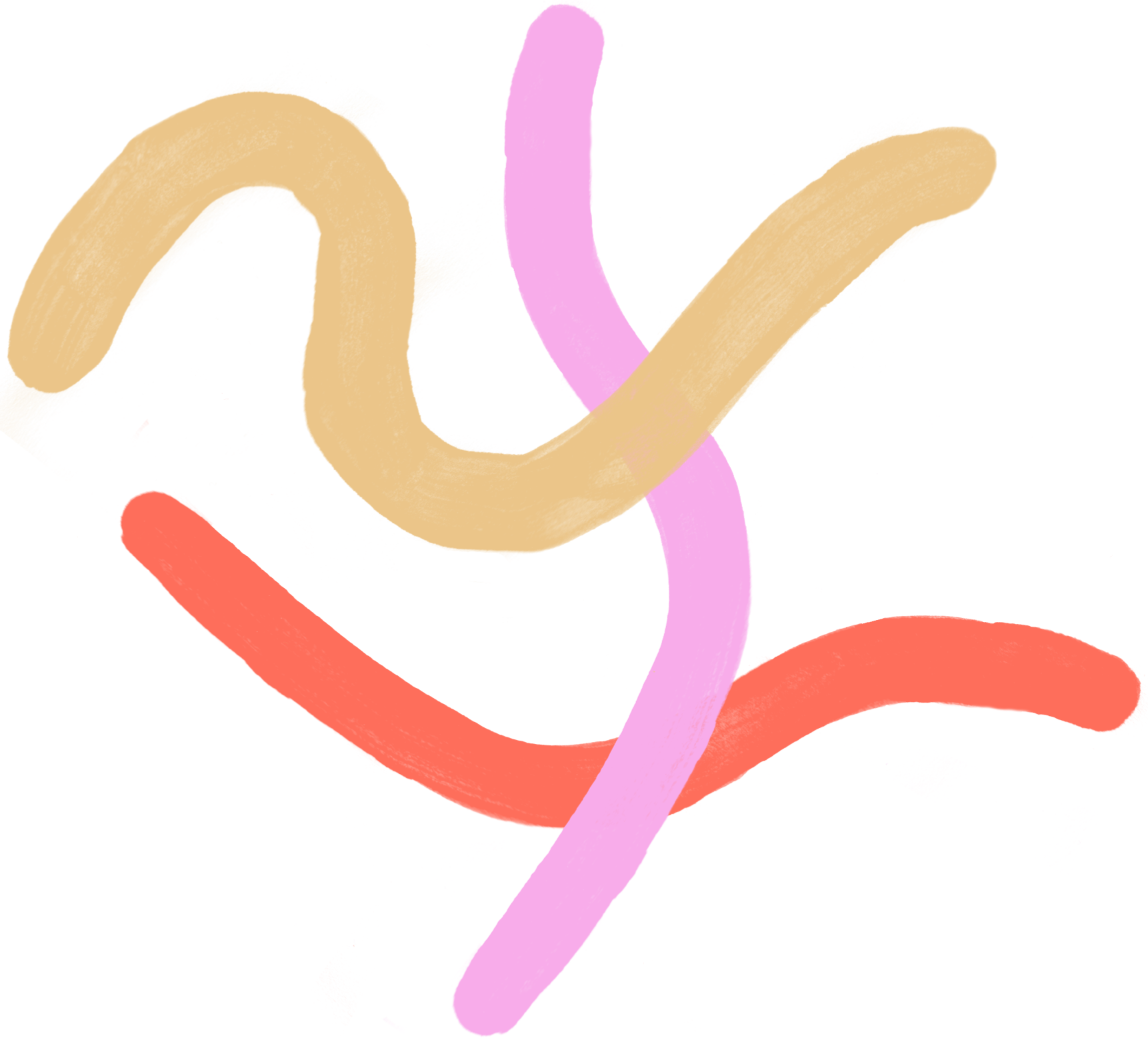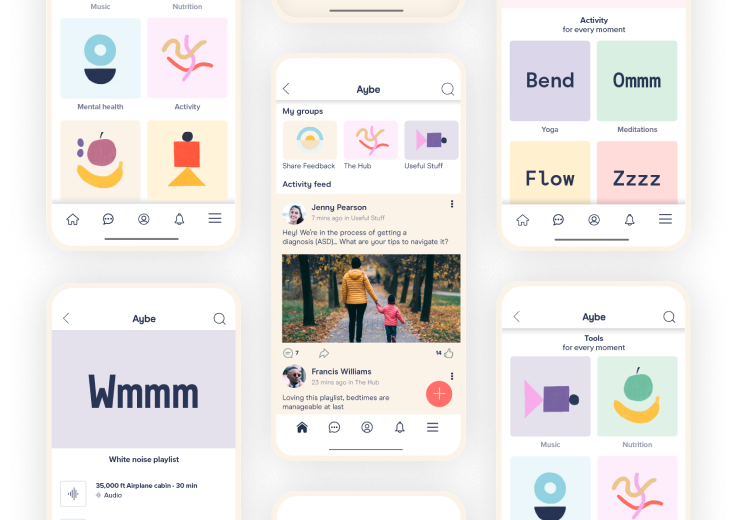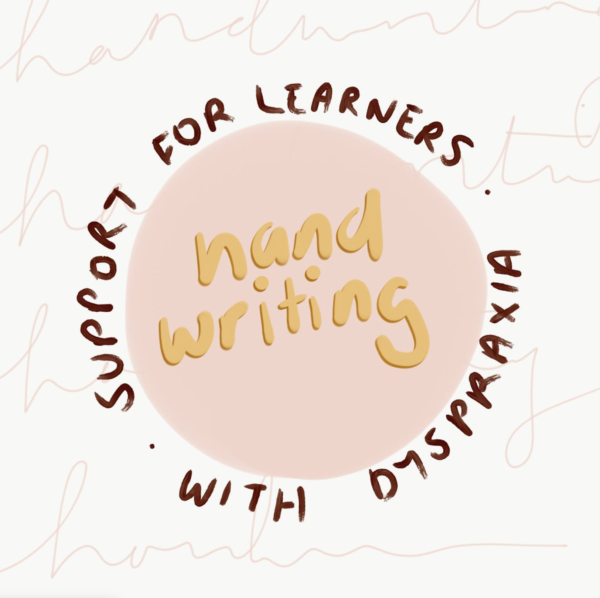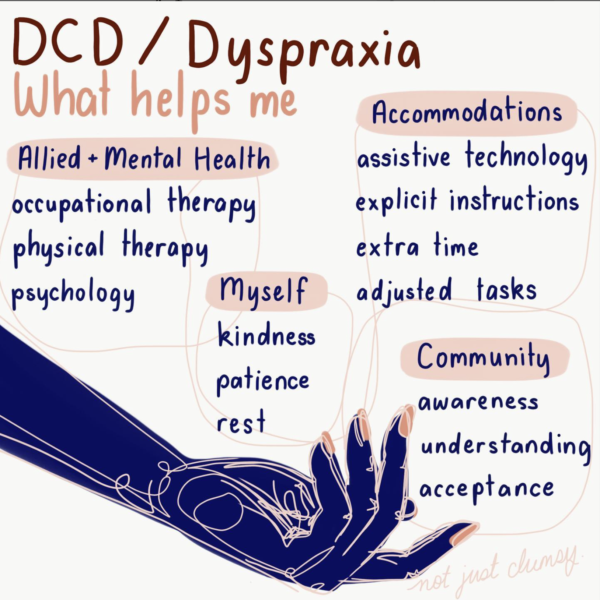ND Creator Spotlight: Tips and Support for Dyspraxic Kids and Adults

Did you know that dyspraxic kids can have challenges with co-ordination and learning? Alyshia from @notjustclumsy provides some insights into tips and support for dyspraxics on her Instagram page.
According to Alyshia, “Dyspraxia impacts fine and gross motor skills. Having trouble with fine motor skills can affect handwriting. A person with dyspraxia may have a poorly established hand dominance, trouble with pen grip, poor letter formation and slow and messy handwriting. A dyspraxic may have trouble writing for long periods due to poor muscle tone and posture.”
Here she provides some tips and support for dyspraxic learners with handwriting challenges and insights into things that help her.
Join the Community
Download the app to access more specialist advice, community support and wellbeing tools.
Join today as a Contributor member to gain free* access!
Download now
*Free access, in return for contributing to Aybe on a weekly basis, for example by commenting, liking, responding to feedback requests. See Terms & Conditions.

Tips and Support for Dyspraxic Learners with Handwriting Challenges
Alyshia writes: I have some tips and adjustments that parents, carers and educators can provide to support dyspraxic learners’ difficulties with handwriting.
Younger learners may benefit from:
- Pen/ pencil grips
- Positioning the paper or book at a slight diagonal in alignment with the child’s arm
- Grid paper to help with letter formation and correct spacing
- Dot to dot drawing and colouring in
- Creative tasks like collage, drawing (try larger crayons), play-doh, Lego
- Exercises where pressure is applied to upper limbs (e.g. crawling or mountain climbers)
- Angled writing boards to help when writing pressure is too light
- Weighted wristbands to provide sensory feedback
- Using play-doh to mould letters
- Using their index finger to create letters or shapes in a tray of sand
Older learners may benefit from:
- The option to respond in an alternate way (other than writing)
- Assistive technology (speech to text or typing)
- Lined or grid paper
- Pen/ pencil grips
- Printed notes
- A scribe for exams (if handwriting is illegible and or slow or if typing is not an option.
When it comes to writing their own work, learners with difficulties organising their ideas may benefit from:
- Sentence starters and paragraph stems
- Word banks
- Graphic organisers
Do you have any other ideas you would like to share? What adjustments work best for you?
All Round Support that Helps a Dyspraxic
Alyshia writes: DCD is a common and lifelong neurodevelopmental disorder that impairs fine and gross motor skills, motor planning, balance and coordination. It’s not just about being diagnosed clumsy; DCD creates daily challenges for me, from driving to working, from self-care tasks to my mental health.
Support from allied and mental health, our school, our workplace and the wider community can improve our activity and participation in education and employment and our social and emotional well-being. How we treat ourselves matters too, we need to understand our neurodiversity and be kind to ourselves.
Here are a few things that help me (this isn’t an exhaustive list). Your list may be different, which makes a lot of sense because we are all unique with varying strengths and weaknesses.
We found a great guide for how schools can help here too.
The ND Creator Spotlight is a series where we showcase the excellent work created by neurodivergent creatives. Are you a neurodivergent creator who would like us to share your fun graphics or videos in our app and website? Join our community for more helpful tools to support you and your child.
Join the Community
Download the app to access more specialist advice, community support and wellbeing tools.
Join today as a Contributor member to gain free* access!
Download now
*Free access, in return for contributing to Aybe on a weekly basis, for example by commenting, liking, responding to feedback requests. See Terms & Conditions.



